BALTIMORE, MD – The number of chimpanzees (Pan troglodytes) at Maryland Zoo just grew by one. The Zoo is pleased to announce that chimpanzee, Rozi, gave birth on June 10th.
Rozi (pronounced ROSE-ee) and her infant did well initially, but after a few weeks the animal care staff noticed a decline in the infant’s health and became concerned that she was not receiving enough of her mother’s milk. The Zoo’s veterinarians were able to stabilize her and keepers have been providing around the clock care until the baby is strong enough to rejoin Rozi and the troop.
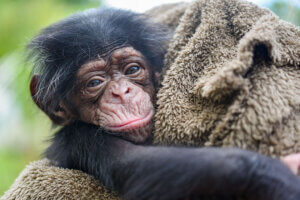
“Rozi is a hand-reared chimp and first time mom so we weren’t sure what to expect,” said Pamela Carter, Chimpanzee Forest Area Manager at the Maryland Zoo. “In this case, it was in the baby’s best interest for us to carefully intervene.”
The medical staff is pleased with the baby’s recent progress but expect she may need supplemental nutrition even after she reunites with her mother. For the time being, the baby is being cared for behind the scenes.
As for the baby’s name, Maryland Zoo is going to let the public decide. Look for details about the baby’s progress and the timing of a naming contest on the Zoo’s website and its social media channels.
Rozi was approved for breeding by the Association of Zoos and Aquariums Species Survival Program. She is genetically compatible with all three of the Zoo’s breeding males. The identity of the father is awaiting testing.
The infant will join Maryland Zoo’s three other juvenile chimps: Lola, who was born in July 2019 (to Zoo parents Bunny and Jack); Violet was born in December of 2019 (to Zoo parents Raven and Louie); and, Maisie was born in August 2020 (mother is at the Oklahoma Zoo) and came to Maryland Zoo in September of that year.
Chimpanzees learn from birth how to get along in a group. They watch their mothers and other members of the group and learn everything from them: how to feed, where to sleep, how to groom, how to “read” other chimps’ behaviors, and how to interact with others.
They are an endangered species with only about 150,000 wild chimpanzees living in African forests today, down from one to two million in 1900. They are endangered for many reasons, including poaching, habitat loss, and disease introduced by humans. Much of their habitat has been lost to deforestation in response to logging, creation of farmland, and other human encroachment.

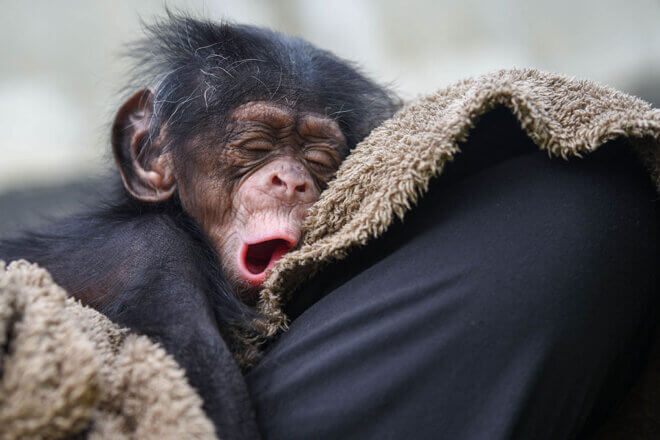
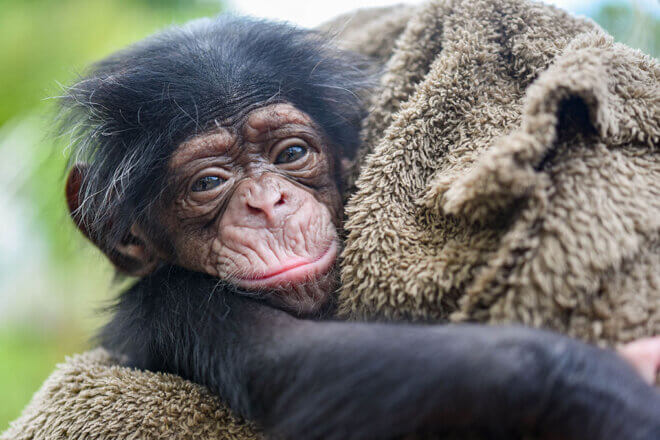
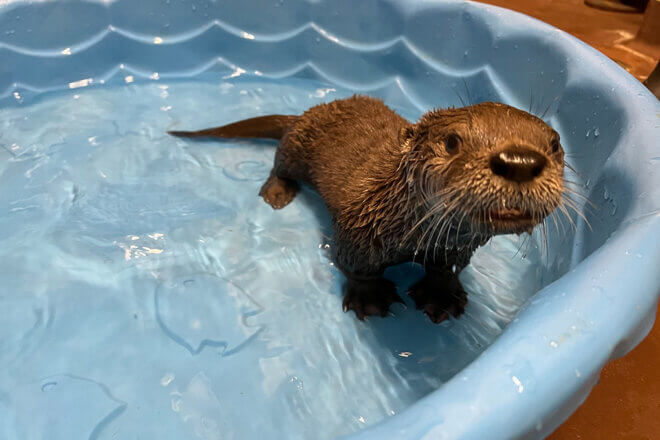
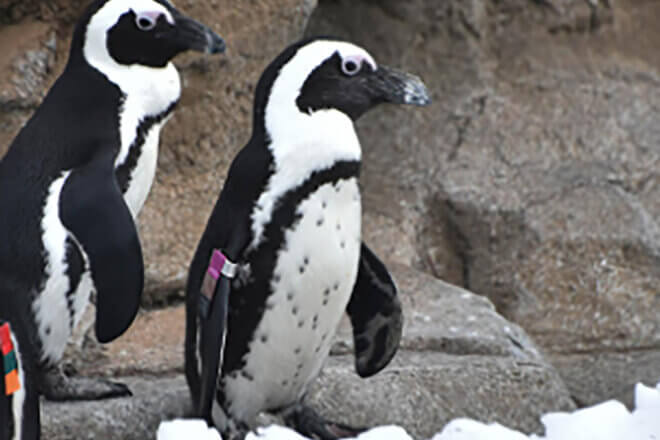
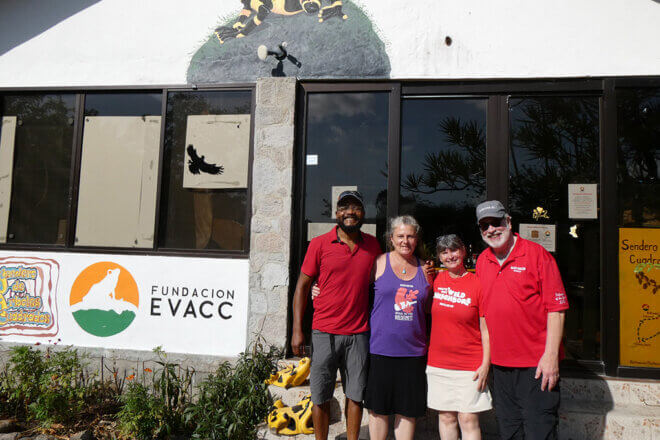

Share this article